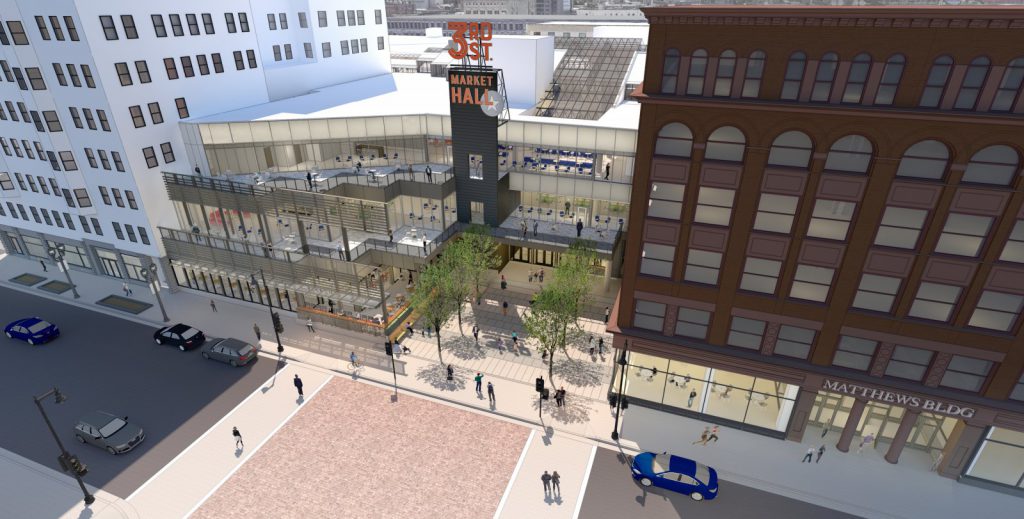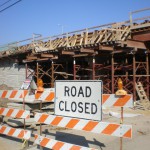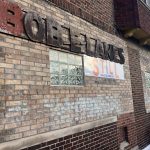Death of Retail? Or Start of a New Era?
All the city news you can use.
Want more links to read? Visit The Overhead Wire and signup. Every day at The Overhead Wire we sort through over 1,500 news items about cities and share the best ones with our email list. At the end of the week, we take some of the most popular stories and share them with Urban Milwaukee readers. They are national (or international) links, sometimes entertaining and sometimes absurd, but hopefully useful.
America’s Transport Problem – Long Trips: Cities across the US are considering car-free neighborhoods to curb private automobile use. While an important first step, they do not address the main driver in driving: the need to travel long distance to access economic opportunity. Culdesac Tempe, a 16-acre community outside Phoenix, will have housing, shopping, and other amenities on site, but that does not change that the whole region is auto-centric. In fact, 59% of the metro area’s 2 million jobs are more than 10 miles away from where residents live, and across the US, the distance between people and their jobs continues to grow. (Joseph W. Kane | Brookings)
CA’s Single-Family Zoning Tackled Again: New changes to California Senate Bill 50 introduced Monday would give cities and counties two years to develop plans to boost development in their communities before mandates for greater housing density take effect. Senator Scott Wiener, the bill’s author, brought about these changes in response to local government officials’ desire for more control over where new housing would be built. The changes come just shortly before the January 21 deadline for the measure to pass the state Senate. This is Wiener’s third year in a row trying to pass a bill aimed at addressing the state’s housing affordability crisis. (Liam Dillon | Los Angeles Times)
Retail’s Not Dead. It’s Changing: In 2019 alone, almost 10,000 stores closed alone in the US. Much of this has been attributed to the popularity of online shopping, but consumers today are also demanding more from their shopping experience. Indoor shopping malls in particular are finding new life by evolving from the traditional model. Some are reducing their reliance on anchor tenants and relying on diverse businesses offering experience, not just bargains, like indoor recreational facilities and coworking spaces. Consumers today are also returning to street retail experiences rather than the suburban mall. (Tracy Hadden Loh & Jennifer S. Vey | CNN Business)
Barcelona’s Massive Low-Emissions Zone: The largest low-emissions zone in southern Europe opened in Barcelona on New Year’s Day. Gas-powered cars purchased before 2000 and diesels older than 2006 will be banned from entering the city and some satellite towns. There is a moratorium in place for the first three months, with mere notifications of the infraction for first-time offenders. Unlike a similar zone in central Madrid, the Barcelona ban covers the entire metropolitan area; this makes Barcelona’s zone 20 times the size of Madrid’s monitored by 150 cameras. The city aims to reduce the number of cars in the city by 125,000 within three years and air pollution by 20% within four; if these goals are not met, the city will consider congestion pricing for all vehicles entering the zone. (Stephen Burgen | The Guardian)
Quote of the Week
Before Portland Clean Energy Community Benefits Fund PCEF, we had zero dollars dedicated to creating opportunities for folks who have been left out of the economic engine of the city of Portland. We’re going to start creating some awesome opportunities for people in our community who could have never imagined them.
-Portland City Council member Jo Ann Hardesty discussing the Portland Clean Energy Community Benefits Fund, the first climate justice Tax.
This week on the podcast, Ben Kabak joins us to talk about New York City transit.
Want more links to read? Visit The Overhead Wire and signup. (http://dtrnsfr.us/2iA8Yas)
If you think stories like this are important, become a member of Urban Milwaukee and help support real, independent journalism. Plus you get some cool added benefits.
Urban Reads
-
Congestion Pricing Cuts Air Pollution in New York City
 Dec 14th, 2025 by Jeff Wood
Dec 14th, 2025 by Jeff Wood
-
We Think We Love to Drive. But Do We Really?
 Dec 7th, 2025 by Jeff Wood
Dec 7th, 2025 by Jeff Wood
-
Can Scott Wiener Tackle America’s Housing Crisis?
 Nov 23rd, 2025 by Jeff Wood
Nov 23rd, 2025 by Jeff Wood




















